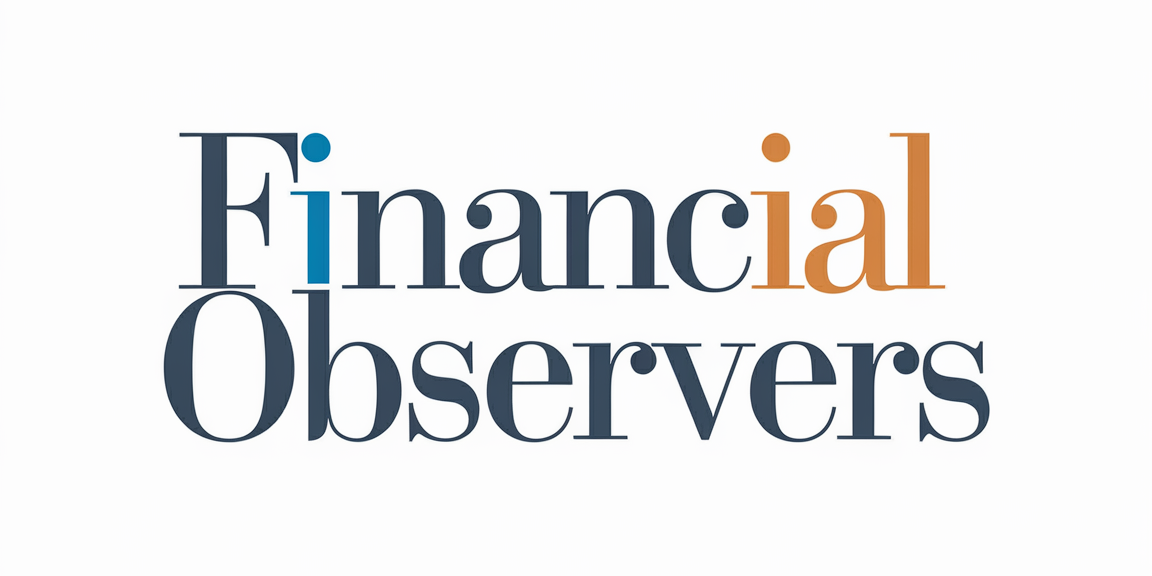Budgeting is one of the best ways to take control of your finances, but even the best-laid plans can go off track. Whether you’re struggling to stick to a budget or wondering why you’re still short on cash every month, you might be making a few common mistakes. The good news? These errors are fixable. Here’s what to watch out for and how to get your budget back on track.
Not Tracking Your Spending
If you don’t know where your money is going, your budget is just a guess. Many people underestimate how much they spend on small things like coffee, dining out, or impulse buys. Use a budgeting app, a spreadsheet, or even a simple notebook to track every dollar. Once you see where your money is actually going, you can make adjustments.
Setting Unrealistic Budget Limits
Going from spending $500 on takeout to $50 overnight? Probably not going to happen. Budgeting should be realistic, not extreme. If you set impossible limits, you’ll get frustrated and abandon the plan. Instead, start by gradually reducing spending in problem areas so the transition feels manageable.
Forgetting to Budget for Irregular Expenses
Your monthly expenses might be predictable, but what about annual insurance payments, holiday shopping, or car repairs? Many budgets fail because they don’t account for these occasional expenses. Set aside a little money each month into a separate fund so you’re not blindsided when these costs pop up.
Ignoring an Emergency Fund
If your budget is so tight that there’s no room for emergencies, you’re one unexpected expense away from disaster. Car repairs, medical bills, or sudden job loss can derail your finances if you’re not prepared. Aim to save at least three to six months’ worth of expenses so life’s surprises don’t turn into financial crises.
Relying Too Much on Credit Cards
If you’re using credit cards to cover everyday expenses that your budget doesn’t allow, that’s a red flag. Carrying a balance month to month adds high-interest debt that makes it even harder to stick to your budget. Instead, focus on living within your means and using credit responsibly—only for planned purchases you can pay off quickly.
Not Adjusting Your Budget Over Time
A budget isn’t something you set once and forget. Life changes—your income, expenses, and priorities shift. If your budget isn’t evolving with you, it’s probably outdated. Review it monthly, make necessary tweaks, and ensure it still aligns with your goals.
Cutting Out Fun Completely
If your budget is all restrictions and no enjoyment, it won’t last. A good budget includes money for fun—whether that’s dining out, hobbies, or entertainment. Deprivation leads to burnout, so allocate a reasonable amount for non-essentials while keeping your financial goals in mind.
Not Saving While Paying Off Debt
Aggressively paying off debt is great, but if you’re neglecting savings in the process, you could end up in the same situation later. Even while paying down debt, contribute something to savings—even if it’s just $20 a month. That way, you won’t have to rely on credit cards when emergencies happen.
Budgeting Based on Your Gross Income
Many people budget using their total salary instead of their actual take-home pay. Taxes, insurance, and retirement contributions take a chunk of your paycheck before you even see it. Always base your budget on your net income—what actually lands in your bank account—to avoid overspending.
Giving Up Too Easily
Budgeting takes practice, and slipping up now and then is normal. The mistake many people make is abandoning their budget entirely after one bad month. Instead of giving up, treat budgeting like a skill—you’ll get better with time. If you overspend, adjust, learn, and keep going.
A good budget isn’t about restriction—it’s about financial freedom. By avoiding these common mistakes, you can create a budget that actually works for your lifestyle and helps you achieve your money goals. The key is to stay flexible, realistic, and committed to making smart financial choices.


